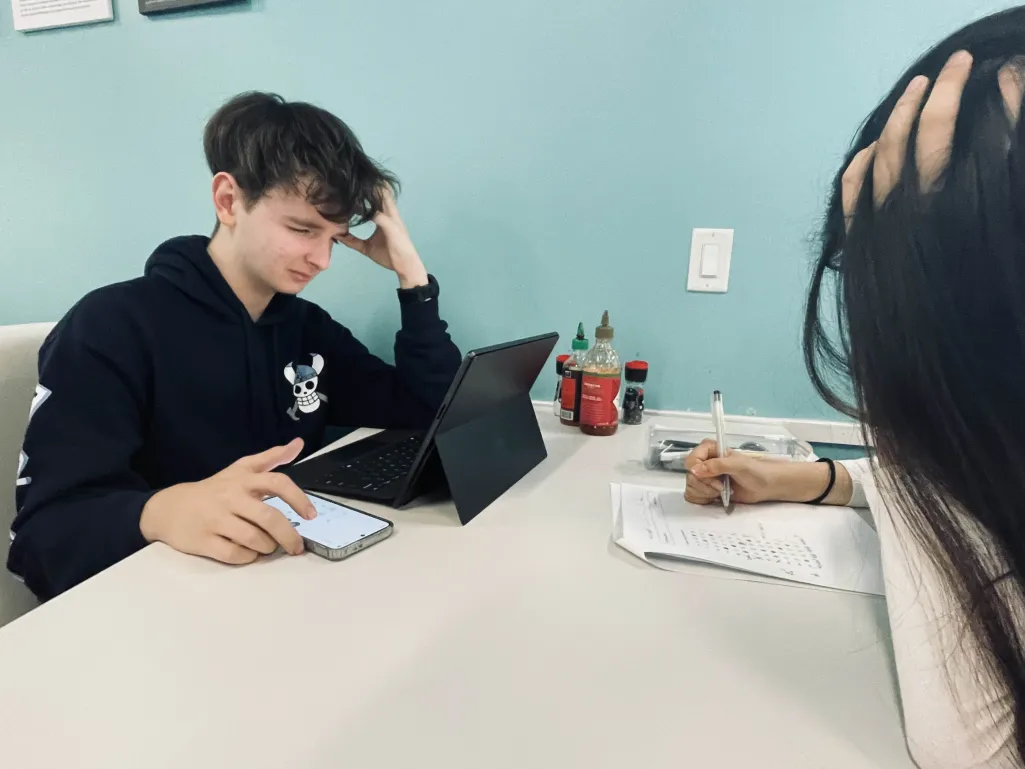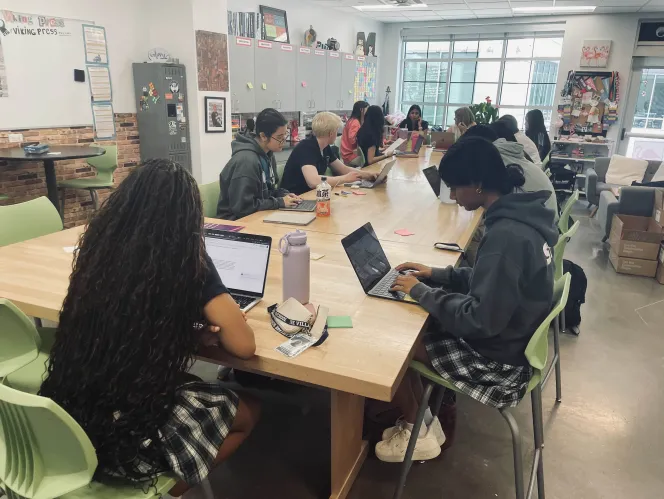Teenage romantic relationships are commonly considered to be a quintessential transitional experience, a heady time of first-time romance, intense feelings, and negotiation of the dynamics of power in partnership. Beneath this romanticized depiction of love, however, lies a developing concern: the occurrence of abusive adolescent relationships. Although it is pleasant to believe abuse exists only in adult relationships, the reality is that many teens are victims of unhealthy, controlling, and emotionally abusive relationships. Based on personal experience and information shared by peers, I have concluded that the most effective way of addressing this problem is not just the dissemination of information regarding the warning signs, but also the equipping adolescents with strategies to defend themselves when confronted with such dangerous situations.
Abuse often starts subtly. A controlling comment one day, followed by manipulative behavior another day, may not start with physical violence. Most often, the first signs appear as emotional and psychological manipulation, where one partner tries to control the other’s interactions, decree their recreational activities, or prescribe how they should dress. “At first, I thought she was just really protective and cared about me,” said sophomore Alex Romanovsky, who experienced emotional manipulation in his first relationship. “But over time, it became clear she was isolating me from my friends and family. I didn’t realize it at the time, but it was really controlling.” It is not unusual for teens to brush off these small behaviors, thinking that they are just signs of affection or concern. The line between affection and control can be easily crossed in a new relationship.
As one can observe through personal experience, abuse is more than physical violence or yelling. Rather, abuse is really about power, manipulation, and control. It may express itself in the form of emotional tantrums, deliberate isolation of the victim from his or her family and friends, or guilt-tripping the victim for trying to be independent. Most teenagers are far too involved in the emotional high that their first relationships bring to realize the manipulation that is present in these kinds of relationships. Hence, the question here is not so much how to identify such behavior but how best to defend oneself when in these types of relationships.
The initial action a teenager should take when they feel they are in an abusive relationship is to accept this fact. Denial is a strong force; an individual can keep telling themselves that the behavior is common or their response is over the top. However, on a deeper level, an individual will know if something feels wrong. Self-defense begins with the mere acknowledgment that one deserves respect. It is not right for anyone to make one feel inferior, ashamed, or isolated in the guise of love.
As soon as one realizes that something is not right in a situation, it is crucial to begin establishing healthy boundaries. This is particularly challenging for teens who are afraid of their partner’s anger or are afraid that asserting themselves will cost them the relationship. But boundaries ensure self-protection.
Say something if something doesn’t feel right or comfortable. If your partner demands to read your messages or gets angry when you spend time with your friends, inform them that this is not okay. If they guilt trip you, call them out. Boundaries allow you to safeguard your mental and emotional well-being.
One of the most prevalent control methods an abusive relationship will use is isolation. The abuser might attempt to disconnect you from friends and family members so that you feel like they are the only ones there for you, and you are losing them. The more isolated you are, the more difficult it will be for you to escape the relationship. Keeping in touch with friends and family is absolutely crucial. You need to know that your friends and relatives are your main supporters, regardless of any efforts on the part of the abuser to cut you off completely. In cases where a person feels uneasy sharing personal situations with relatives or friends, it might be more helpful to talk to a counselor, coach, or teacher. Sometimes putting worries into words can bring more clarity to the situation and remind individuals that they deserve better living conditions. What is important here is that no person is able to make another person feel uneasy or upset purposefully, regardless of how much they dislike the person. If someone is doing this to you, you always have a person to tell, and have a way to stop it.
Self-defense does not only mean standing up to your partner but also defending your own mental health. An abusive relationship can be shattering to your self-esteem, and ruin your mental health. The abuser can cause things like anxiety, depression, loneliness, and much more. Not only to your mental health, they can damage you physically. If this is the case, you always have the right to defend yourself by any means necessary. Your physical and mental state should be a top priority in a relationship and if that is in danger, you should always be able to defend yourself. A lot of people get blamed for it, but in my belief, self-defense is very important and should not be overlooked as much as it is.
Sometimes, there is only one option out of an abusive relationship to end it yourself. Most people think this is the hardest method, but it can be the best one if it is done correctly. If the relationship is violent and extremely harmful, police may need to get involved and then you should block the person off of everything. “It felt impossible at first, but the moment I made the decision to leave, I knew I was doing the right thing,” said Ilnur Nuriev, a junior who left an abusive relationship. If you still have a strong connection with the person and miss them, then therapy is the most useful tool to break that connection. They can help you see the truth and help you move on. To break it off, you will have to gradually distance yourself from the person. Also, you need to have friends, stay close to your family, and tell them what is going on. Then, you can use them as support and cut it off entirely.
Abusive teen relationships are no joke and should not become an overlooked thing. Too many teens are getting involved in these and think they have no way out. These teens don’t realize the tools they have all around them; if they are in high school, they may have therapists or counselors to talk to. Many schools, including The Village School, have the opportunity to get mental support from their helpful counselors. Their parents and friends also can play a crucial role in giving them a way out of abusive relationships. For every teen, make sure to notice any signs or red flags before entering a relationship, so abuse can be prevented. All people should have the right to protect and defend themselves, especially if they are young and they aren’t as mature as adults.









